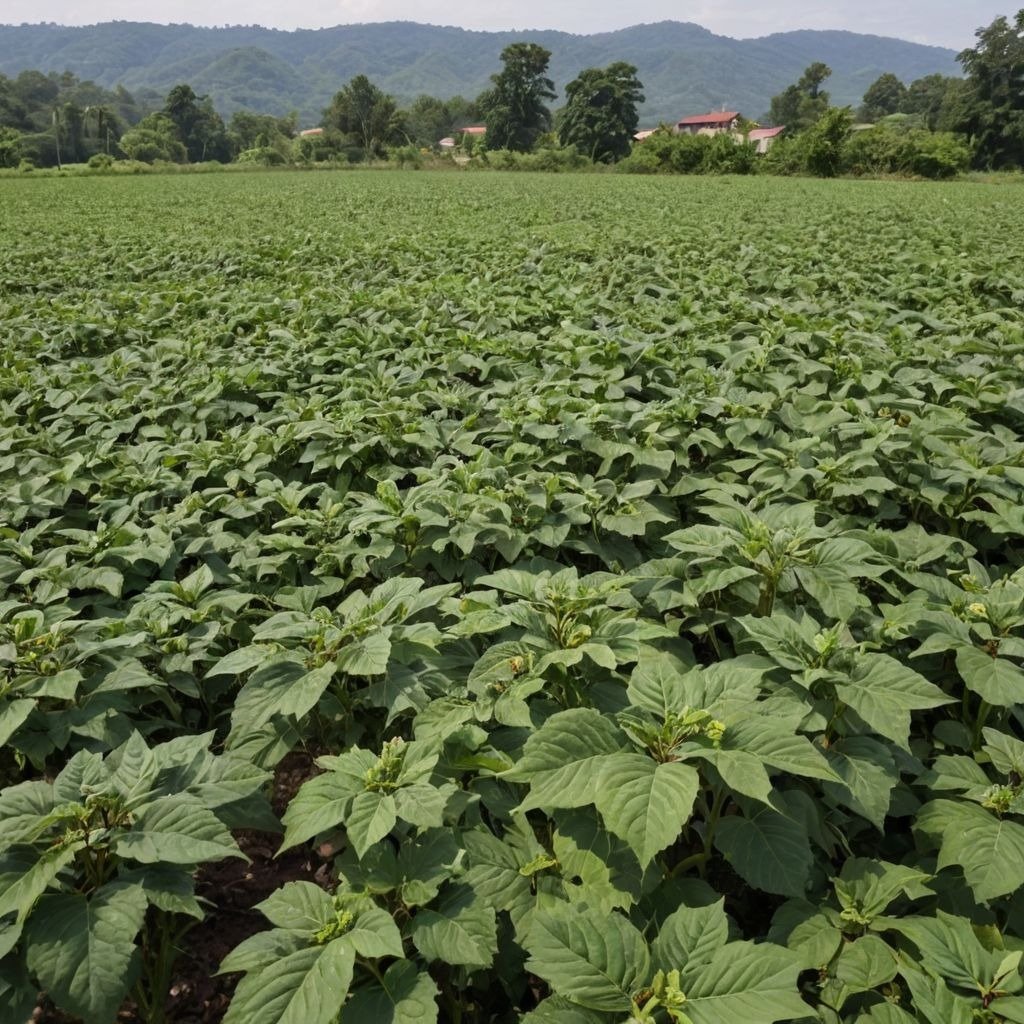Boost Your Agricultural Success with Castor Bean Farming on Marginal Land

INTRODUCTION
WELCOME TO RUNZOER INDIA , where we explore the world of agriculture and uncover innovative practices that can transform your farming success. In today’s article, we delve into the realm of castor bean farming on marginal land, a game-changing technique that is revolutionizing the agricultural industry. Whether you are a seasoned farmer or someone interested in sustainable farming practices, this article will provide valuable insights on how castor bean farming can boost your agricultural endeavors. Join us as we unveil the hidden potential of marginal land and discover how this ancient crop is paving the way for a more sustainable future.
Understanding Fossil Fuels
Fossil fuels are a composite of organic matter, including remnants of fossilized plants and animals that were created millions of years ago. They contain carbon and hydrogen and can be ignited to produce energy. Over time, these combustible deposits decompose and become buried under layers of rock and sediment.
The formation of different types of fossil fuels depends on the organic matter’s composition, the time span, and the temperature and pressure conditions in which these materials were enclosed. Coal, petroleum, and natural gas are the three primary types of fossil fuels formed from the deposits of once-living organisms. Unfortunately, they are non-renewable sources of energy, and given the current rate of consumption, they may be exhausted in the not-so-distant future.
Depletion of Fossil Fuels: What's Next?
The concern over the depletion of fossil fuels is well-founded. Our current consumption of fossil fuels, which were formed millions of years ago, is depleting our reserves at a rate that far exceeds their ability to replenish. Once-living organisms that eventually became coal, oil, and natural gas took millions of years to form, and replacing them will require a similar timescale.
While coal, oil, and natural gas are commonly associated with fossil fuels, other products like gasoline, diesel, and jet fuel are also derived from oil. In fact, a wide array of petroleum-based products, including plastics, makeup, and fabrics, are derived from crude oil.
The forecasted depletion of the world’s oil, natural gas, and coal reserves within the next few decades highlights the urgency of finding sustainable alternatives.
The Rise of Biofuel: Uncovering a Sustainable Solution
Biofuel, derived from renewable resources such as edible plants or biomass, has emerged as a game-changing and sustainable substitute for fossil fuels. Unlike fossil fuels, biofuel can be replenished quickly, making it a promising solution to our energy needs.
As fossil fuels release excessive carbon dioxide (CO2) when burned, leading to climate disruptions and global warming, the development of biofuel offers a way to address both energy requirements and environmental concerns. Biofuel is a low-carbon alternative obtained from biomass or energy crops such as wheat, corn, soybeans, and sugarcane. It is produced through the extraction of oil from oil-bearing crops or the direct conversion of biomass into liquid fuels, known as “biofuels.”
Two main categories of biofuels are bio-alcohol, like ethanol, produced through fermentation, and biodiesel, created from vegetable oils and animal fats. Biodiesel is a non-toxic, biodegradable, and cleaner-burning substitute for petroleum-based diesel fuel.
The potential of biofuels to mitigate environmental impacts and reduce our reliance on finite resources emphasizes the importance of promoting and expanding their production.
Biofuels offer a promising alternative to traditional fossil fuels like gasoline, with the advantage of being renewable and environmentally friendly. In short, biofuels represent a sustainable energy source for the future.
However, despite their benefits, there are certain drawbacks associated with biofuels. The cultivation of biofuel crops, primarily edible crops such as wheat, corn, soybean, and sunflower, creates significant issues related to food scarcity and land shortage. This intensive cultivation demands large quantities of water, fertile soil, and fertilizer, leading to environmental concerns and potential problems like deforestation. Moreover, the use of food crops as fuel drives up food prices and consumes excessive energy and resources in the conversion process.
Thankfully, efforts are underway to develop biofuels from non-edible plant materials like corn stalks, grasses, and wood chips. Among these alternatives, the castor bean stands out as a particularly suitable crop for biofuel production due to its ability to address multiple issues without requiring substantial investment.
Utilizing Marginal Lands for Castor Bean Farming
The castor bean plant, Ricinus communis, is a non-edible, oil-bearing plant that thrives on marginal land with minimal water and nutrient requirements, making it an ideal candidate for biofuel production. Its ability to grow in neglected farmlands and disturbed areas, combined with its resilience to various environmental conditions, makes it an attractive solution for converting low-value land into productive resources.
Marginal land, characterized by its low agricultural and industrial value due to poor soil or unfavorable characteristics, holds immense potential for cultivating biofuel plants like castor beans, switchgrass, shrub willow, and giant miscanthus. These plants require minimal resources and can thrive in such environments, offering a sustainable solution to the challenges posed by traditional biofuel production using edible crops.
Conclusion
Employing castor bean farming on marginal land presents a viable solution to the issues associated with conventional biofuel production. This approach addresses concerns such as food scarcity, land shortages, and deforestation by utilizing non-edible plants on low-value land. As the demand for biofuels continues to rise, the use of castor bean biodiesel could help reduce our reliance on fossil fuels while offering advantages such as nontoxicity, biodegradability, renewability, and reduced exhaust emissions.
